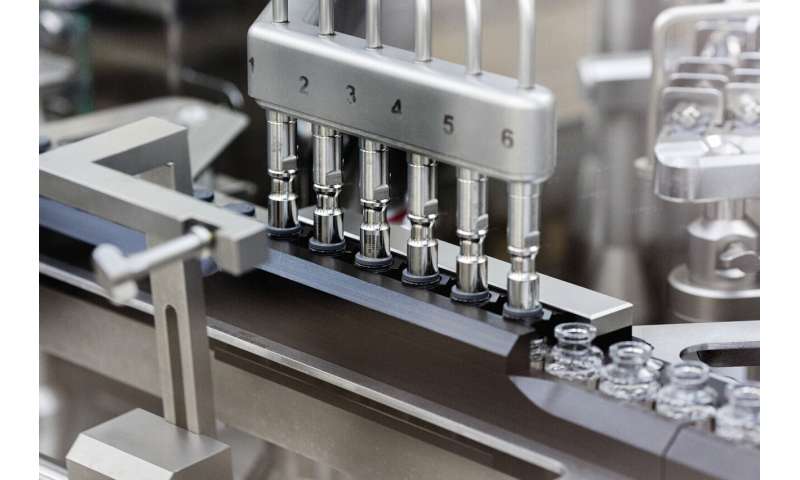
U.S. regulators on Friday allowed emergency use of an experimental drug that appears to help some coronavirus patients recover faster.
It is the first drug shown to help fight COVID-19, which has killed more than 230,000 people worldwide.
President Donald Trump announced the news at the White House alongside Food and Drug Administration Commissioner Stephen Hahn, who said the drug would be available for patients hospitalized with COVID-19.
The FDA acted after preliminary results from a government-sponsored study showed that Gilead Sciences’s remdesivir shortened the time to recovery by 31%, or about four days on average, for hospitalized COVID-19 patients.
The study of 1,063 patients is the largest and most strict test of the drug and included a comparison group that received just usual care so remdesivir’s effects could be rigorously evaluated.
Those given the drug were able to leave the hospital in 11 days on average versus 15 days for the comparison group. The drug also might be reducing deaths, although that’s not certain from the partial results revealed so far.
The National Institutes of Health’s Dr. Anthony Fauci said the drug would become a new standard of care for severely ill COVID-19 patients like those in this study. The drug has not been tested on people with milder illness, and currently is given through an IV in a hospital.
The FDA authorized the drug under its emergency powers to quickly speed experimental drugs, tests and other medical products to patients during public health crises.
In normal times the FDA requires “substantial evidence” of a drug’s safety and effectiveness, usually through one or more large, rigorously controlled patient studies. But during public health emergencies the agency can waive those standards, simply requiring that an experimental drug’s potential benefits outweigh its risks.
Gilead has said it would donate its currently available stock of the drug and is ramping up production to make more.
No drugs are approved now for treating the coronavirus, and remdesivir will still need formal approval.
The FDA can convert the drug’s status to full approval if Gilead or other researchers provide additional data of remdesivir’s safety and effectiveness.
“This is a very, very early stage so you wouldn’t expect to have any sort of full approval at this point,” said Cathy Burgess, an attorney specializing in FDA issues. “But obviously they want to get this out to patients as quickly as possible.”
The FDA previously gave emergency use authorization to a malaria drug, hydroxychloroquine, after Trump repeatedly promoted it as a possible treatment for COVID-19. No large high-quality studies have shown the drug to work for that, however, and it has significant safety concerns.
The FDA warned doctors late last month against prescribing the drug outside of hospital or research settings, due to risks of sometimes fatal heart side effects.
Source: Read Full Article



